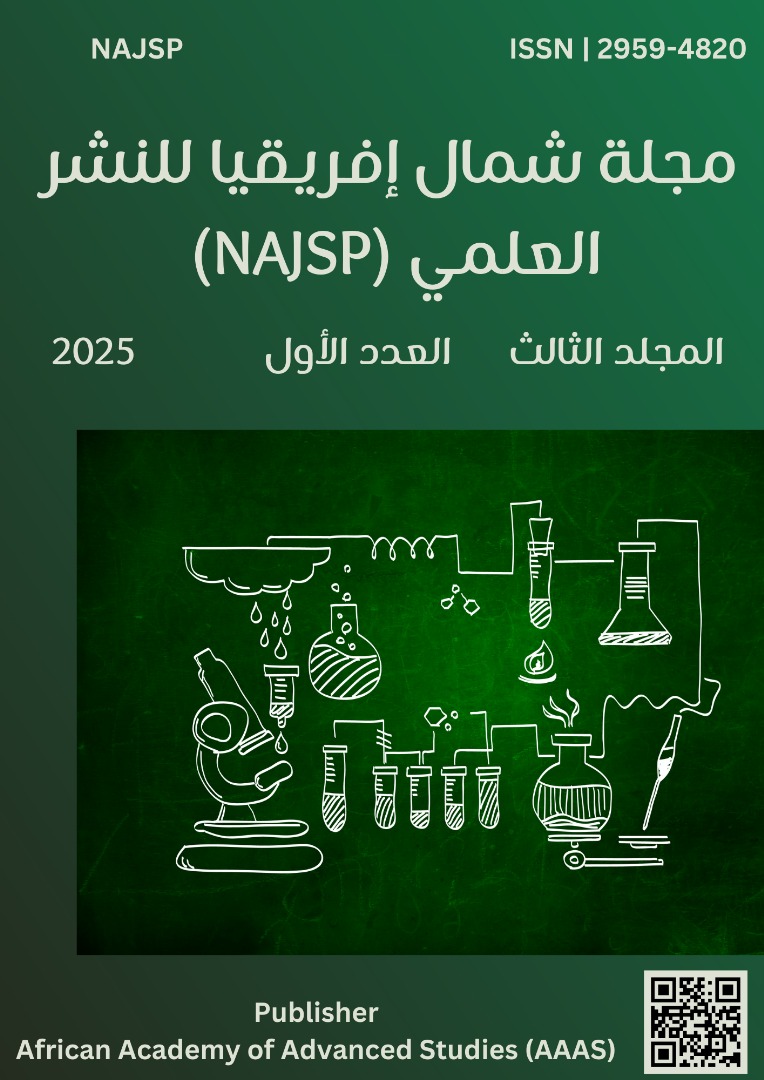Effect of Adding Soybean Flour on The Rheological Properties of Wheat Flour Dough
الكلمات المفتاحية:
Libyan flora، medicinal plants، aromatic plants، essential oilsالملخص
Different type of plants grow across Libya and among them there are plants used for medicinal and aromatic purposes and have been used by Libyans for ages in their traditional as well as modern practices. Several researches on the plants have been undertaken to determine the proximate composition, phytochemicals, and the biological of the plants. For instance, studies have showed that the oils from species such as Haplophyllum tuberculatum, Artemisia herba alba and Thymus capitatus possess variable biological properties including; antibacterial, anti-inflammatory and healing properties. All these bioactivities support the recognition of the value of Libyan plants in treating a myriad of diseases. An important feature of these plants is variability in the composition of the essential oils within a specific season as it is evident in the total flavonoids content in Haplophyllum tuberculatum which determines the plant’s effectiveness in tackling certain ailments. There is a good chronical of the antimicrobial effects of the extracts of some plants like Juniperus phoenicea and Rosmarinus officinalis also points to how Libyan plants may helpful in the treatment of common infections and boost the immune system. That has inclined researchers to turn to these plants as possible sources for the creation of new natural drugs and functional foods. Subsequent research on the therapeutic uses of these plants has created opportunities for new findings in the formulation of nanoemulsion gel, used in the treatment of wound.
التنزيلات
منشور
كيفية الاقتباس
إصدار
القسم
الرخصة
الحقوق الفكرية (c) 2025 Suleiman Mohammed Abdel

هذا العمل مرخص بموجب Creative Commons Attribution 4.0 International License.






